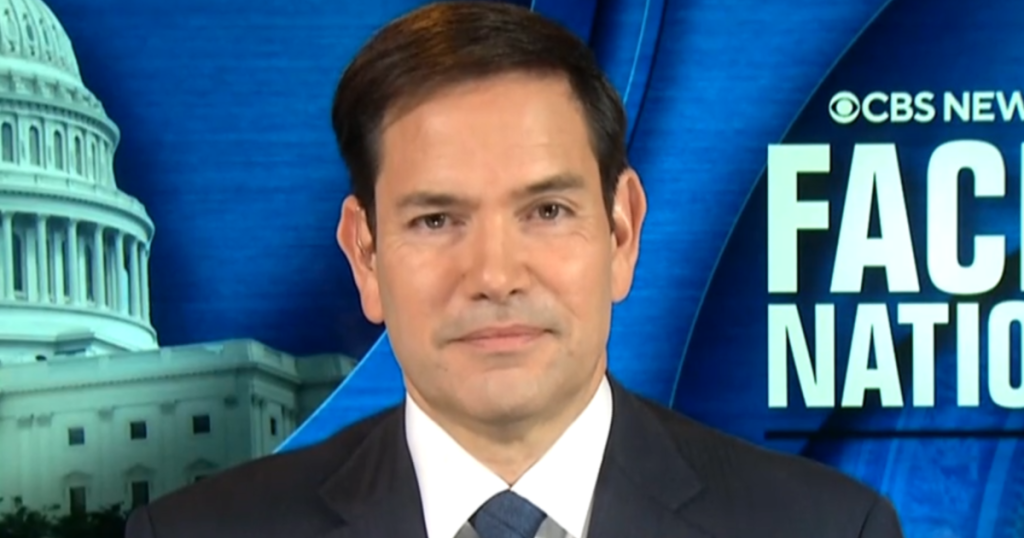Senator Marco Rubio, a member of the Senate Intelligence Committee, expressed concern over Chinese hacking of U.S. telecom companies, calling it a “very serious situation.” In October, federal authorities launched an investigation into a cyberattack linked to China-backed hackers targeting major U.S. telecommunications companies, including Verizon, AT&T, and Lumen Technologies. Known as “Salt Typhoon,” the hacking group breached systems used by U.S. intelligence for wiretaps, raising questions about the information they may have accessed. While it is uncertain if China accessed Americans’ phone call audio, Rubio agreed with the assessment that this breach is one of the largest ever.
Rubio emphasized that while the breach may not directly impact the integrity of the U.S. presidential election, it poses a significant national security threat. He expressed concerns about vulnerabilities that were previously unforeseen, highlighting the seriousness of the situation moving forward. Foreign interference in U.S. election processes, including efforts by China, remains a persistent issue. In late October, Microsoft issued a report detailing interference attempts by Russia, Iran, and China, warning of deepfake videos and other tactics targeting political candidates. Rubio was one of the targets of Chinese-linked influence efforts, with Microsoft noting intermittent operations targeting him since the lead up to the 2022 midterm elections.
Despite the security threat posed by foreign adversaries, Rubio expressed confidence in the security and integrity of U.S. elections. He cited the strong systems in place across the country, distributed among 50 states, as a safeguard against potential issues. While acknowledging that problems may still arise, Rubio’s assertion of confidence in the election security reflects faith in the existing mechanisms to protect against interference. The ongoing efforts by foreign actors to interfere in U.S. elections underscore the need for continued vigilance and measures to safeguard the democratic process from external threats.
The implications of the Chinese hacking of U.S. telecom companies extend beyond the immediate breach, raising concerns about future national security threats. Rubio emphasized the seriousness of the situation, with ongoing investigations expected to uncover more details in the coming time. The breach serves as a reminder of the evolving tactics used by foreign actors to target critical infrastructure and intelligence systems, highlighting the need for enhanced cybersecurity measures. As the investigation progresses, the government and private companies involved will work to determine the extent of the breach and assess the impact on national security moving forward.
In response to the breach and wider concerns about election interference, Rubio stressed the importance of understanding and addressing these threats to safeguard democratic processes. The effort to protect against foreign interference requires collaboration between government agencies, private companies, and security experts to enhance cybersecurity and detect potential breaches. Rubio’s remarks underscore the complexity and seriousness of the cybersecurity challenges facing the U.S., emphasizing the need for proactive measures to defend against external threats. By remaining vigilant and taking proactive steps to address vulnerabilities, the U.S. can strengthen its defenses against cyberattacks and protect critical systems from malicious actors.


